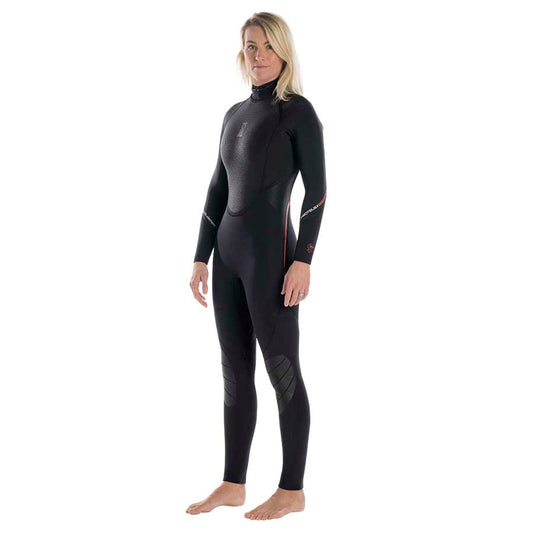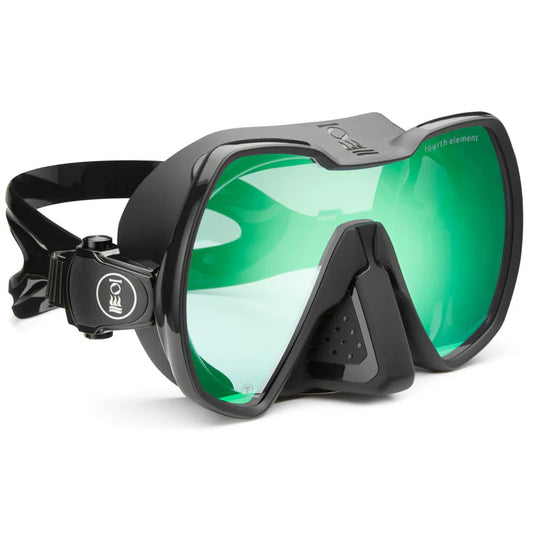
PADI Tec 40 Certification
Take your first step into technical diving with the PADI® Tec 40 course. Learn how to dive beyond recreational limits using technical equipment, gas planning, and advanced dive procedures. Tec 40 is your gateway into the exciting world of decompression diving with confidence and safety.
- Duration: 3-4 days
- Course prerequisites: PADI Advanced Open Water Diver, Enriched Air Diver, Deep Diver (or qualifying certifications)
- Includes: Theory sessions, confined water training, open water dives, equipment rental & gas fills
Price: £600
CONTACT USWhat You Will Learn
- How to plan and execute limited decompression dives
- Technical dive equipment setup and configuration
- Gas planning and management
- Handling emergencies in a technical diving environment
- Buoyancy control and trim techniques for technical diving
Certification Requirements
Certification
PADI Advanced Open Water Diver (or qualifying certification)
Enriched Air Diver
Must hold a PADI Enriched Air Diver certification (or equivalent)
Age
18 years or older
Logged Dives
Minimum of 30 dives with experience in deep diving and nitrox use
Medical Clearance
Medically evaluated and cleared for diving by a physician within the past 12 months
General Questions
What is the PADI Tec 40 course?
The Tec 40 course is your introduction to technical diving, teaching you how to dive beyond recreational limits using technical equipment, gas planning, and controlled decompression procedures.
How long does the course take?
The course takes 3–4 days, including theory sessions, confined water training, and multiple open water dives.
Do I need to complete a diver medical form?
Yes. You must complete a medical statement and, if required, obtain clearance from a physician within the past 12 months before participating.
What equipment is required?
Technical diving gear will be provided or can be rented, including twinsets or sidemount setups, stage cylinders, regulators, and dive computers capable of handling multiple gases.
Can I progress to further technical training after Tec 40?
Yes! After completing Tec 40, you can continue with Tec 45 and Tec 50 courses, building on your skills and increasing depth limits and complexity.
Perfect For Your Course.
-
Fourth Element Women's Proteus II 5MM Wetsuit
Regular price £460.00 GBPRegular priceUnit price / per -
Fourth Element Technical Shorts
Regular price £215.00 GBPRegular priceUnit price / per -
Fourth Element TECH Fins
Regular price £169.00 GBPRegular priceUnit price / per -
Fourth Element Seeker Dive Mask
Regular price £139.00 GBPRegular priceUnit price / per




